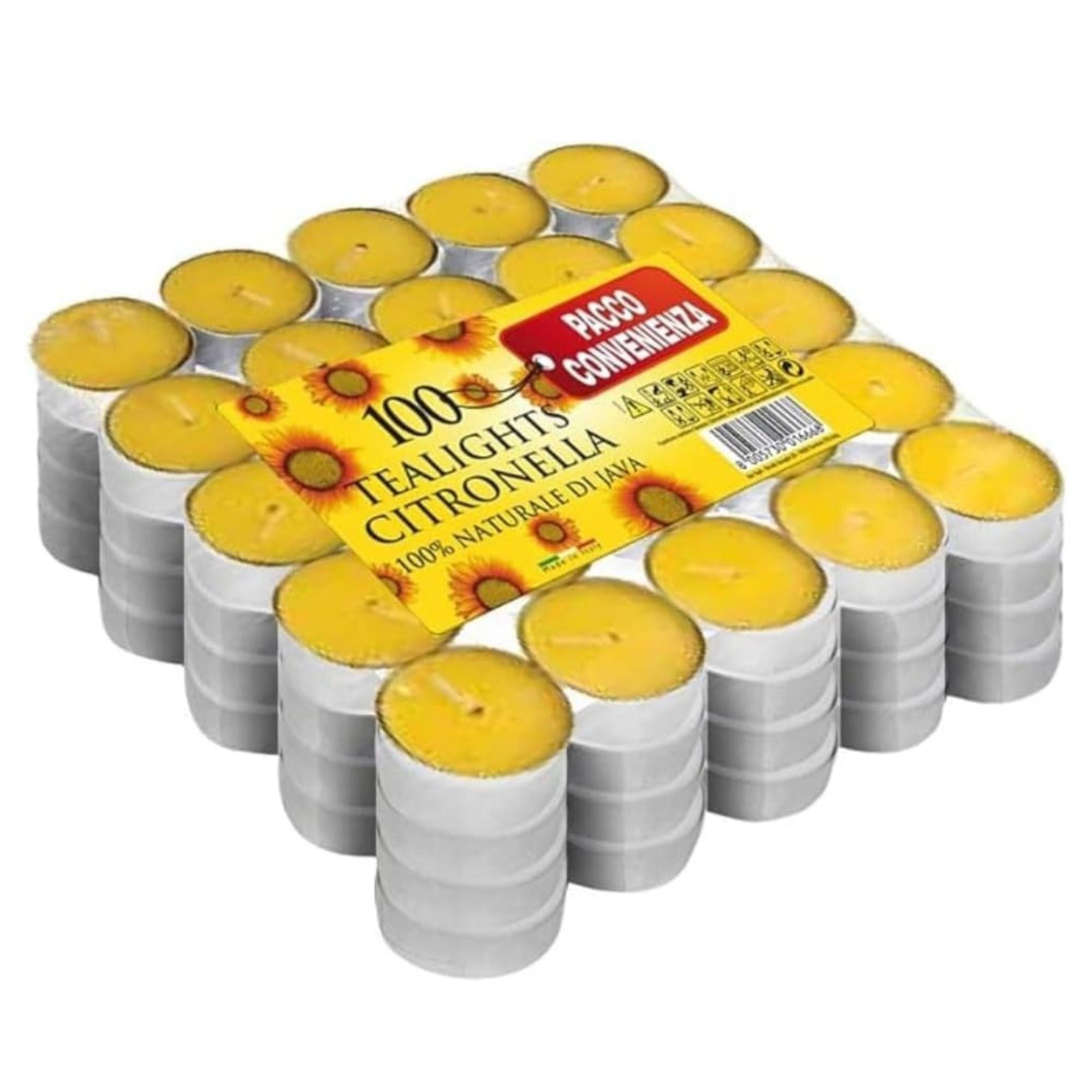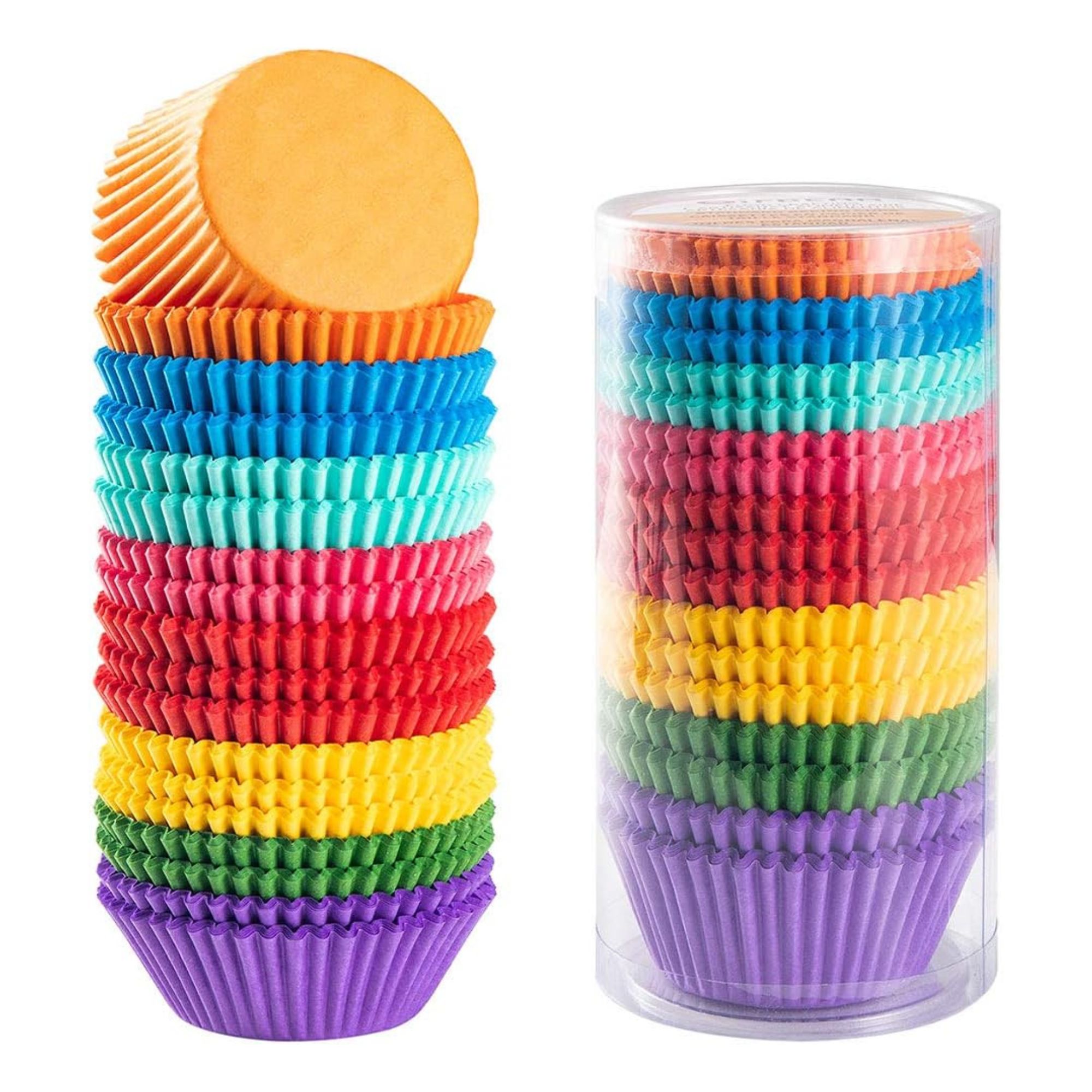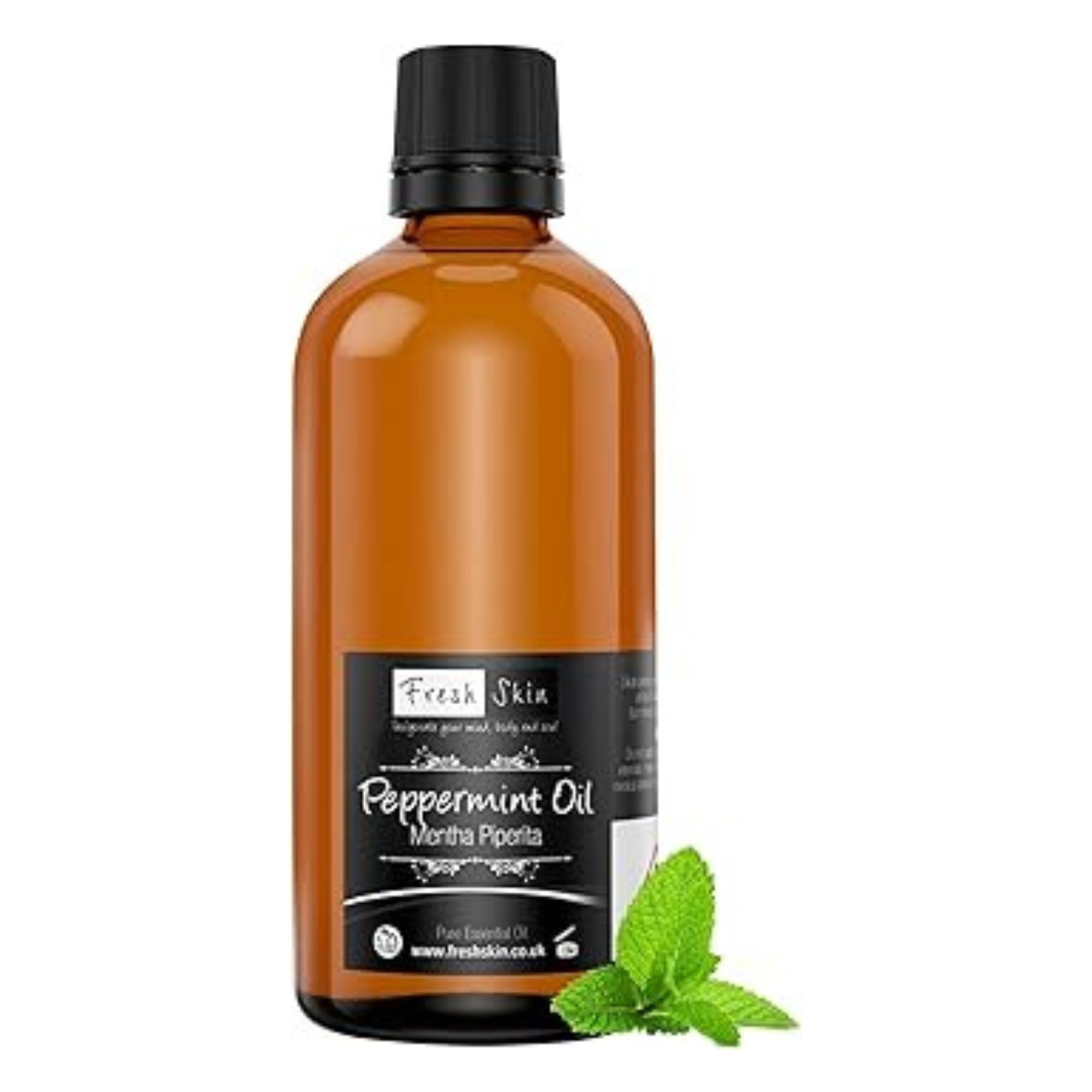How to keep wasps away: 7 easy ways to repel persistent pests
Try these expert-approved, natural deterrents to keep wasps away from your home and garden

Emily Smith
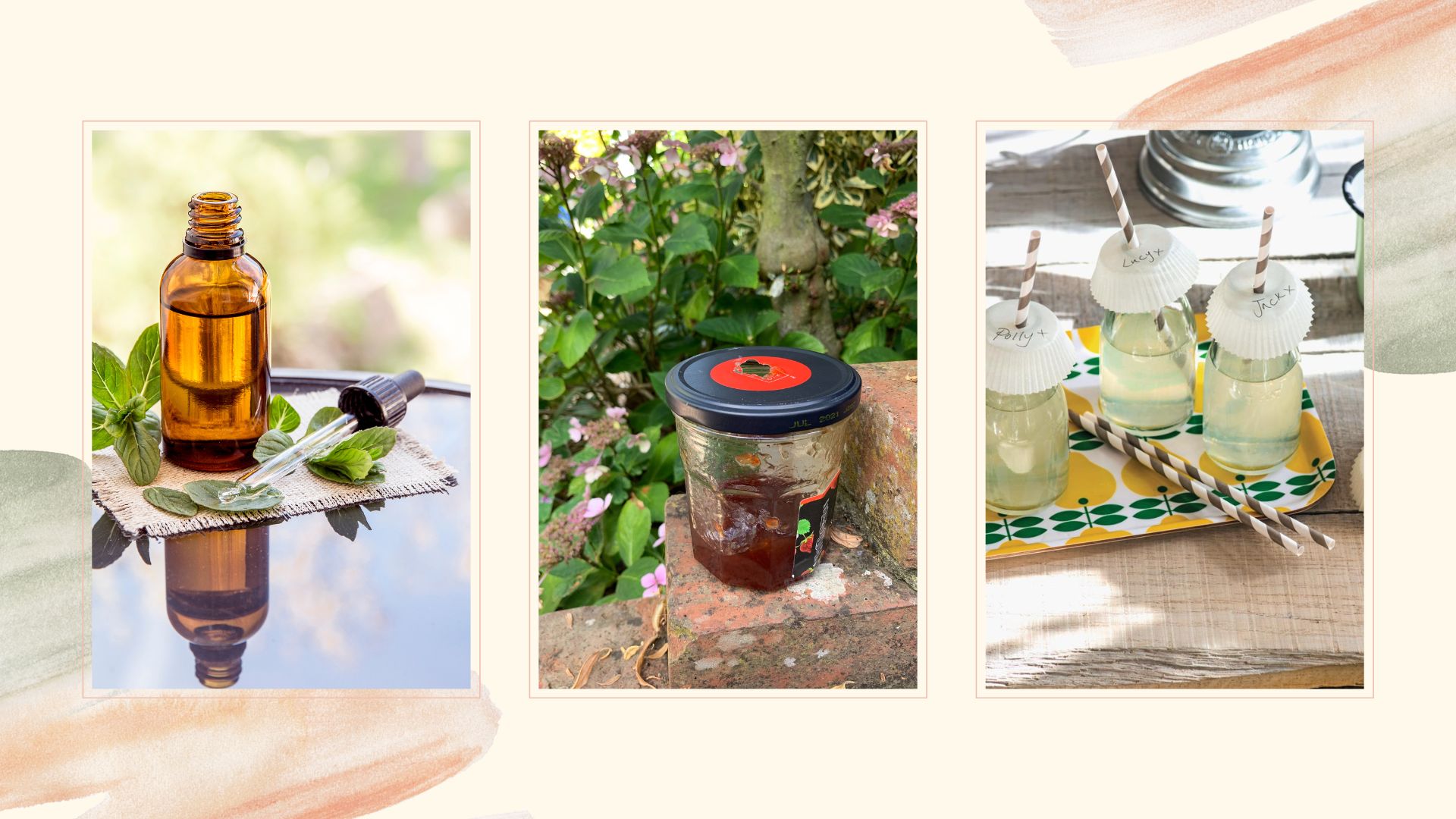
Sign up to our free daily email for the latest royal and entertainment news, interesting opinion, expert advice on styling and beauty trends, and no-nonsense guides to the health and wellness questions you want answered.
You are now subscribed
Your newsletter sign-up was successful
Want to add more newsletters?

Daily (Mon-Sun)
woman&home Daily
Get all the latest beauty, fashion, home, health and wellbeing advice and trends, plus all the latest celebrity news and more.

Monthly
woman&home Royal Report
Get all the latest news from the Palace, including in-depth analysis, the best in royal fashion, and upcoming events from our royal experts.

Monthly
woman&home Book Club
Foster your love of reading with our all-new online book club, filled with editor picks, author insights and much more.

Monthly
woman&home Cosmic Report
Astrologer Kirsty Gallagher explores key astrological transits and themes, meditations, practices and crystals to help navigate the weeks ahead.
It's officially wasp season, the time of year when these hazardous flying pests take over. To help you enjoy the summer without the threat of being stung, we've asked pest control experts how to keep wasps away from your house and garden for good.
We can all agree that wasps are one of the most unwelcome pests in our gardens, and unfortunately, they’re one of the most relentless, too. As you would want to rid your garden of flying ants, knowing how to deter wasps from your space is important for your peace of mind and safety. With any pest, the best way to stop them from gathering is to deter them from entering your space from the outset.
So, with that in mind, we spoke to pest control experts to discover the most effective ways to remove wasps from your garden. Similar to how you’d get rid of flies, we made sure all the methods were humane.
How to keep wasps away: 7 natural repellants to try
Wasps can strike fear into the hearts of so many, as they swarm around with a relentless buzzing and no regard for personal space. Not only are they annoying, but you also risk being stung if you try to shoo them away. The best way to avoid having to get rid of wasps is to deter them from entering the places you want to be.
All the best ways to keep wasps away involve utilising their sense of smell, similar to how to keep rats out of your garden. "Wasps, like every insect, possess a keen sense of smell," explains Kameliya Ilieva, Pest Control Specialist at Fantastic Services. "This attracts them to food sources but is also how you deter them from your home or garden."
Whether you are allergic, afraid, or simply want a peaceful outdoor experience, here are seven easy steps to keep wasps away without harming them.
1. Choose citronella candles
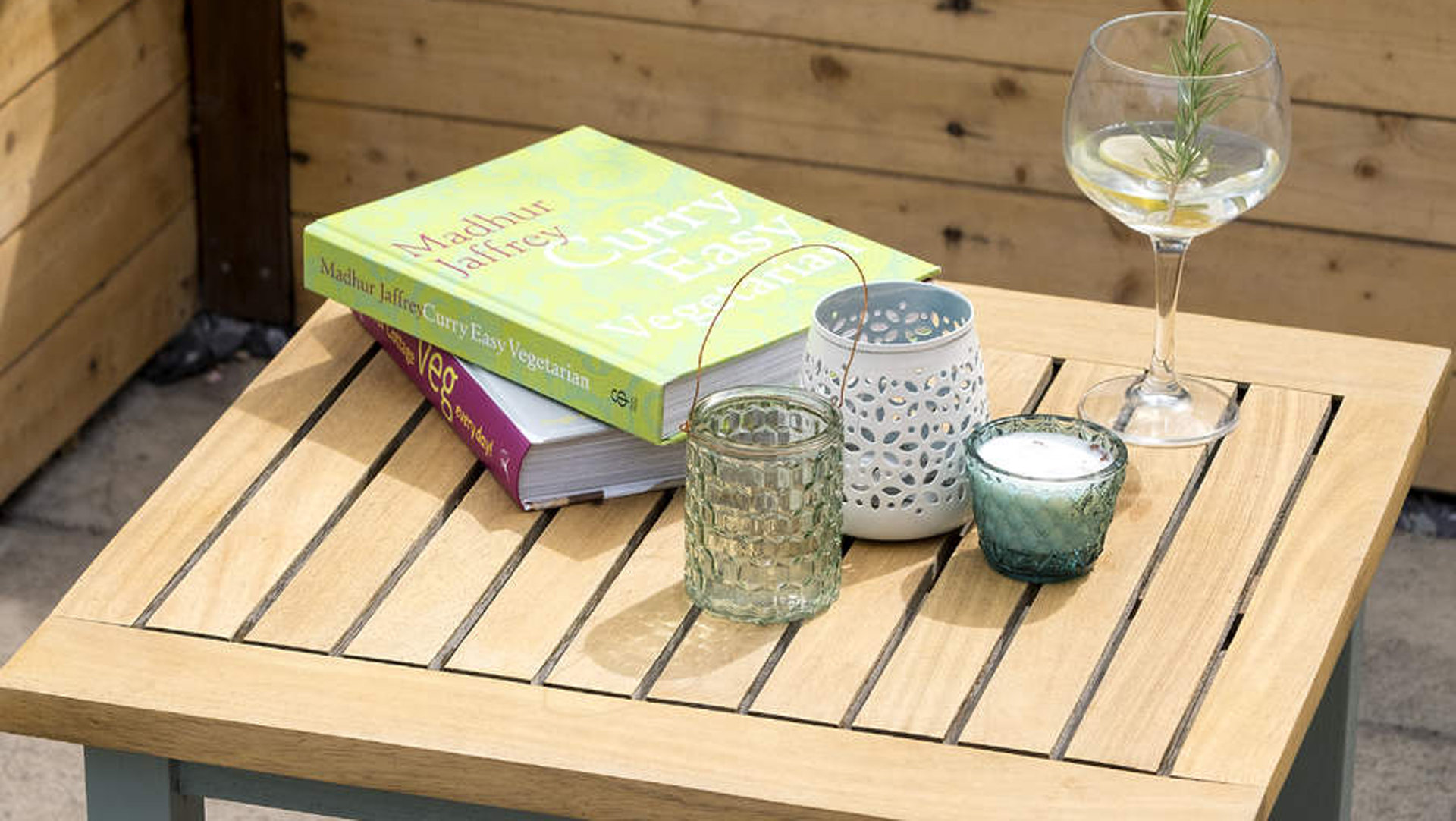
Citronella candles in lanterns are a great way to disguise the deterrent
Create ambience and deter wasps at the same time by burning citronella candles, which are famed for an easy way to keep wasps, flies, and other airborne pests away – making them the best-scented candles for summer. Citronella candles are a simple but effective way to repel wasps without having to kill them or spray harsh chemicals.
Sign up to our free daily email for the latest royal and entertainment news, interesting opinion, expert advice on styling and beauty trends, and no-nonsense guides to the health and wellness questions you want answered.
So how do they work? They release a fresh, distinctive odour that will make your alfresco setting less appealing to wasps, bees, flies, and other insects.
2. Keep food covered
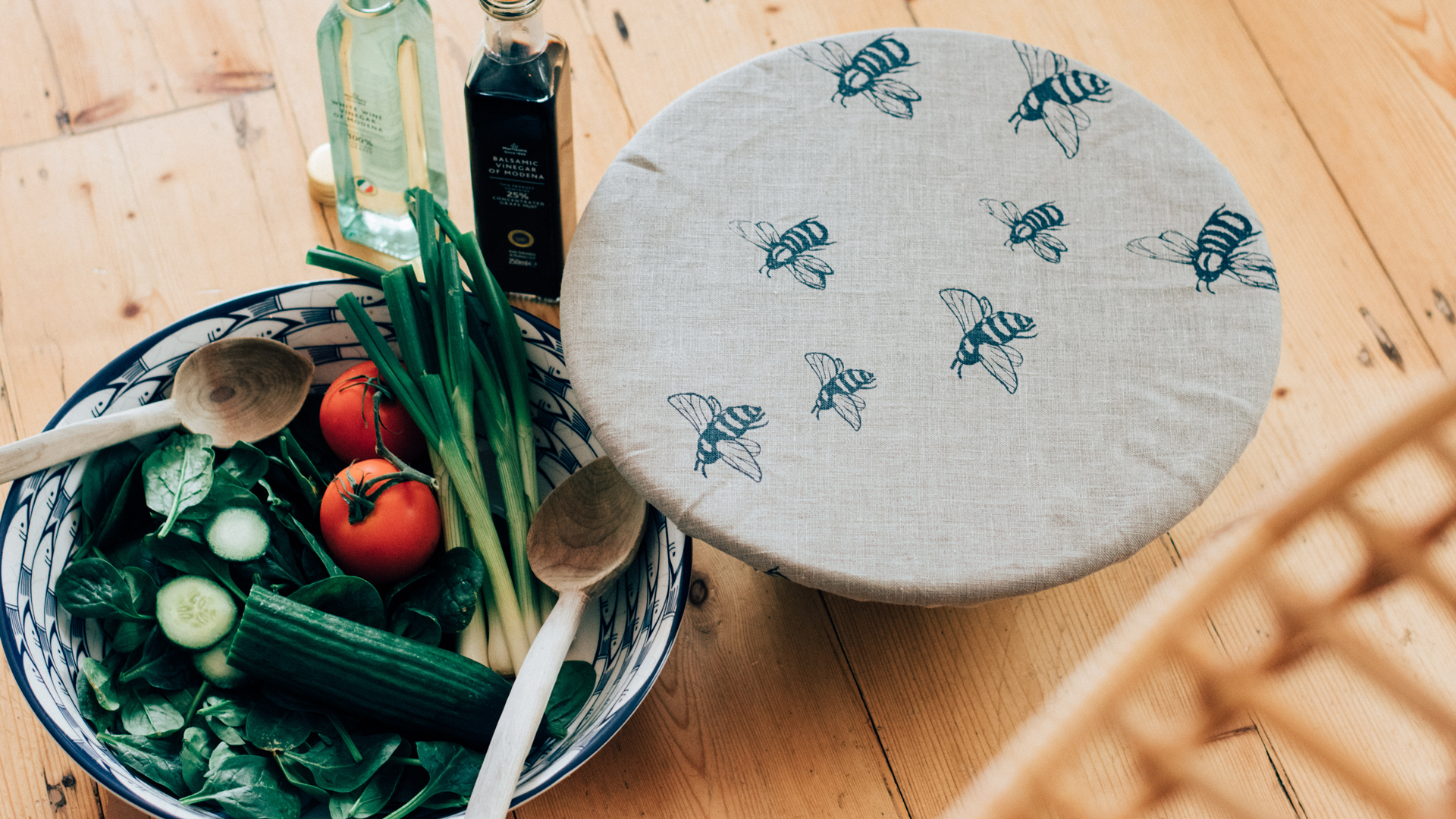
An easy way to keep wasps away is to eliminate the temptation to feast on a table filled with food, whether out on a picnic or trying new garden party ideas in an outdoor living room space. Keep them at bay by ensuring everything is well-covered until you are ready to eat.
The longer food sits out, the greater the chance of attracting wasps and other swarming pests, because of the tempting scents. This is why covering food is a really easy way to deter wasps. If you are on a picnic, pack your food in Tupperware boxes and uncover it as you need, instead of laying it all out at once.
If you're eating at a table, cover the food once everyone has been served. Even if you can only cover your food with a mesh cloth, the wasp will eventually give up and fly away once it cannot access the food.
We love these Bee Reusable Linen Bowl Covers, £20 set of 3, by Helen Round. But you can use unturned bowls and clingfilm wrap to do the job without styling the table.
3. Make DIY lids for sugary drinks
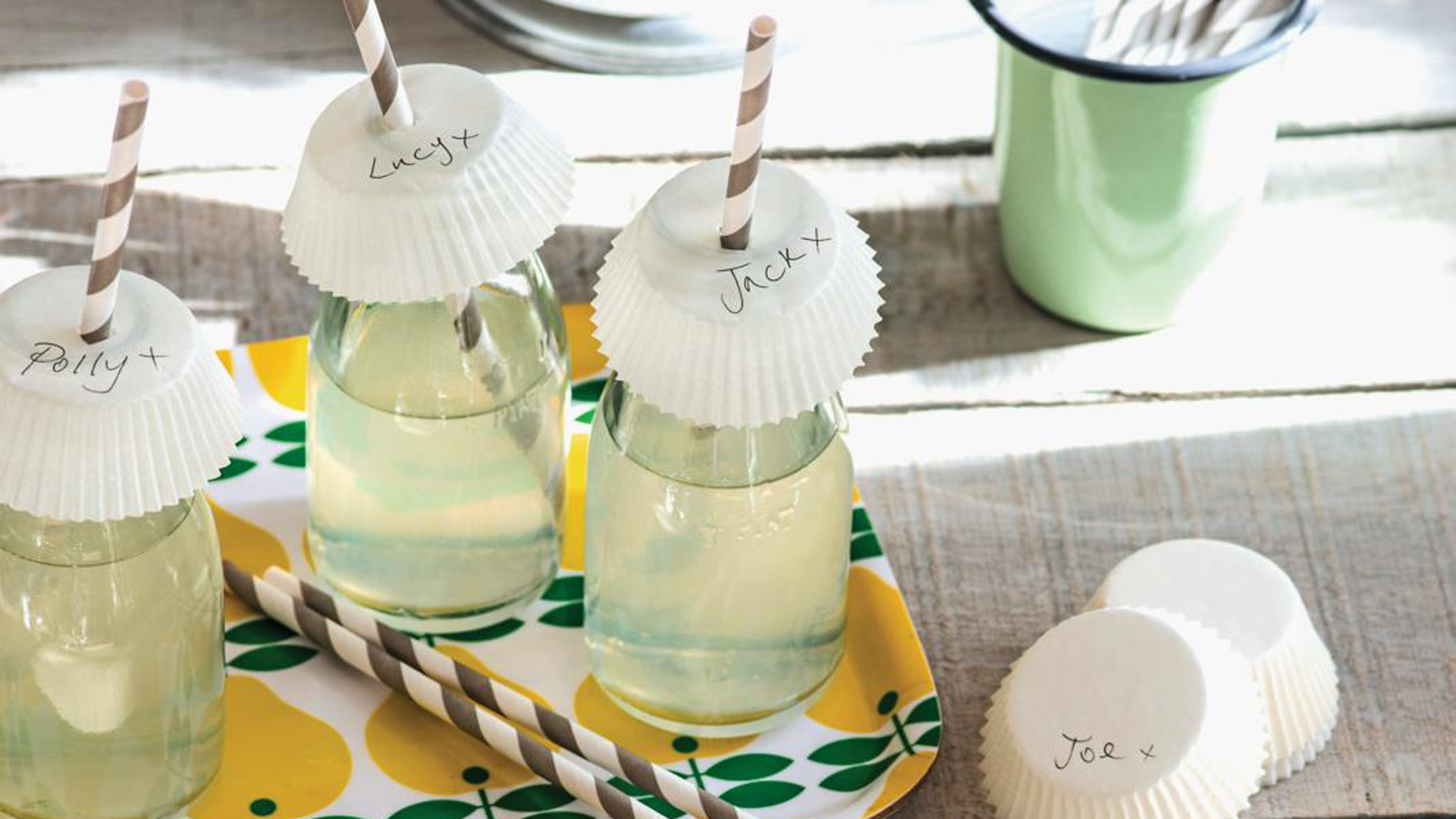
Even if you're not serving food and sweet treats, any sugary drinks, like fizzy pop or alcohol, will attract wasps in a heartbeat, so it's advisable to keep them covered to deter wasps from diving in and from even coming near because they'll be less likely to pick up on the sweet scent.
You can make your own drink 'hats' by using cupcakes or muffin cases! All you do is pierce a hole a small hole in the top through which you can feed a reusable straw so you can keep the cover on while you sip. This simple idea ensures no drinks left unattended end up with an undetected wasp inside, and will also deter fruit flies at the same time.
4. Mist with peppermint oil
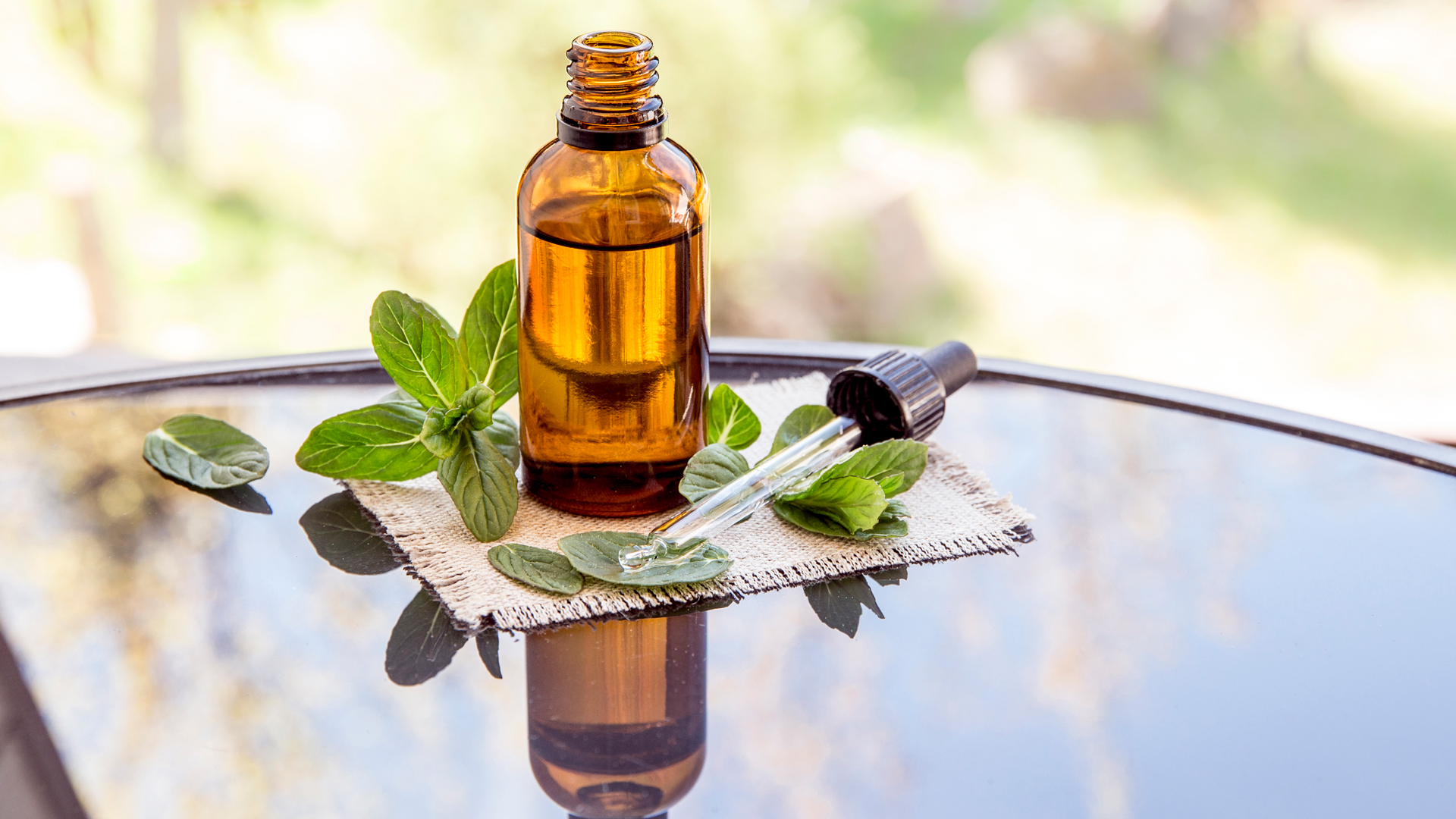
Spritz a room or outdoor area with peppermint essential oils to repel wasps naturally. This also works for getting rid of spiders. "Essential oils are excellent wasp repellents," says Kameliya. "The most popular is peppermint oil, which also repels lots of other insects. It is also a natural ingredient, which will not harm them but will deter them effectively."
Use this to your advantage by making an effective DIY peppermint repellent spray. Mix a tablespoon of peppermint oil with two cups of water in a spray bottle. Before you sit down to eat, spray the solution around your dining area. This is an effective method to deter wasps away, without using harmful chemicals or killing them – plus it smells divine.
Natural oils are also great to have handy for natural cleaning hacks – a great way to make your house smell good on a budget while cleaning.
5. Surround yourself with strong scents
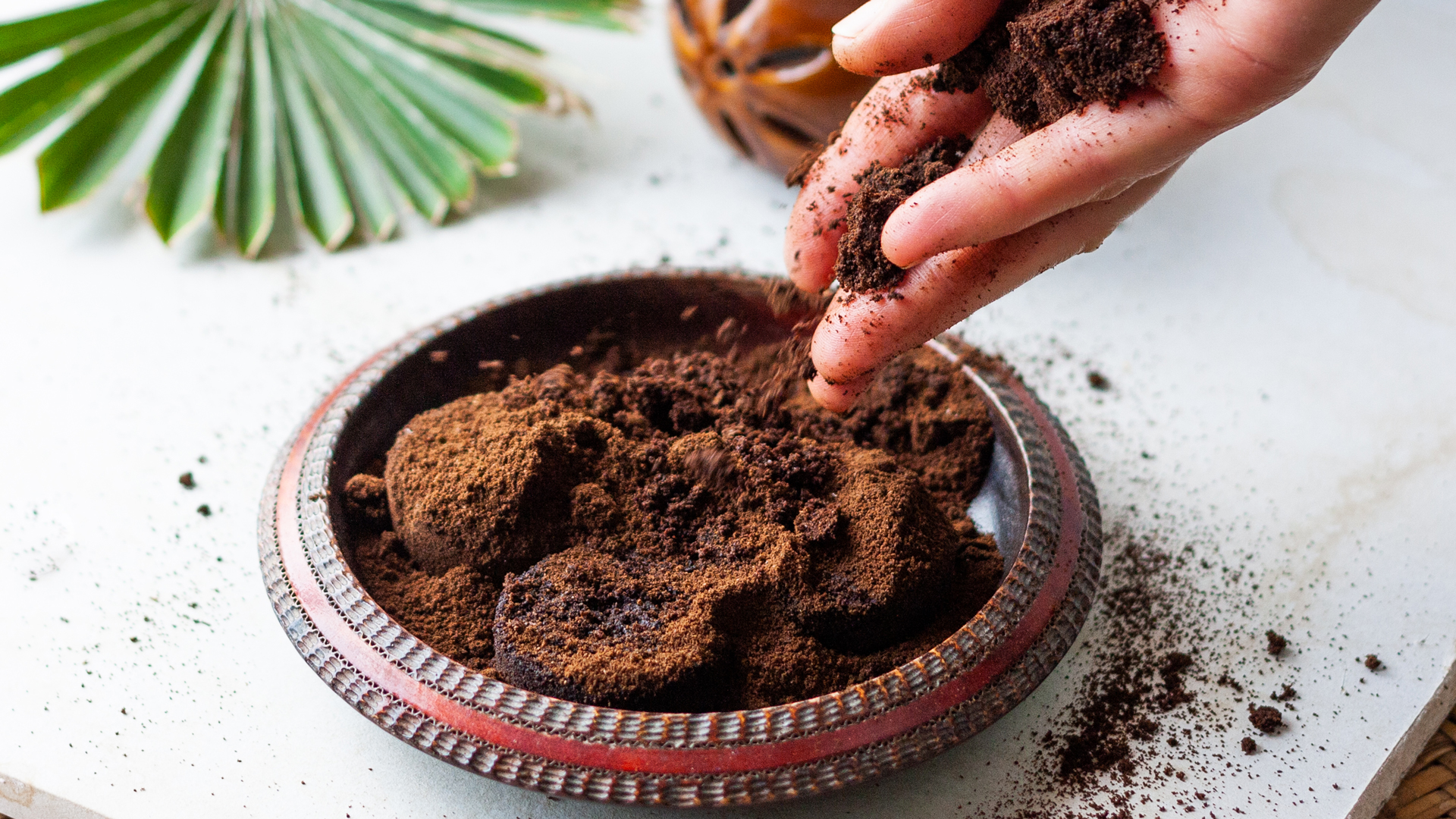
There are household food types that wasps hugely dislike, such as coffee and cloves. These can act as key deterrents when placed around an area where you are looking to keep wasps away.
It's thought that wasps have an incredible sense of smell and therefore do not like powerful odours that are overwhelming to their powerful senses. Smells that discourage wasps include fresh mint, cloves and ground coffee. Keep these on hand to deter wasps during your time outside.
Coffee grounds, in particular, are a great sustainable living choice for your home, as you can reuse leftovers from your coffee machine's morning brew to fill a bowl to emit the smell that wasps hate, but many homeowners adore.
You can also use coffee grounds in your garden as a fertiliser and pest deterrent. Alternatively, you can use them to make a much-loved DIY body scrub – as tested by our own Beauty Editor.
6. Choose strongly scented planting
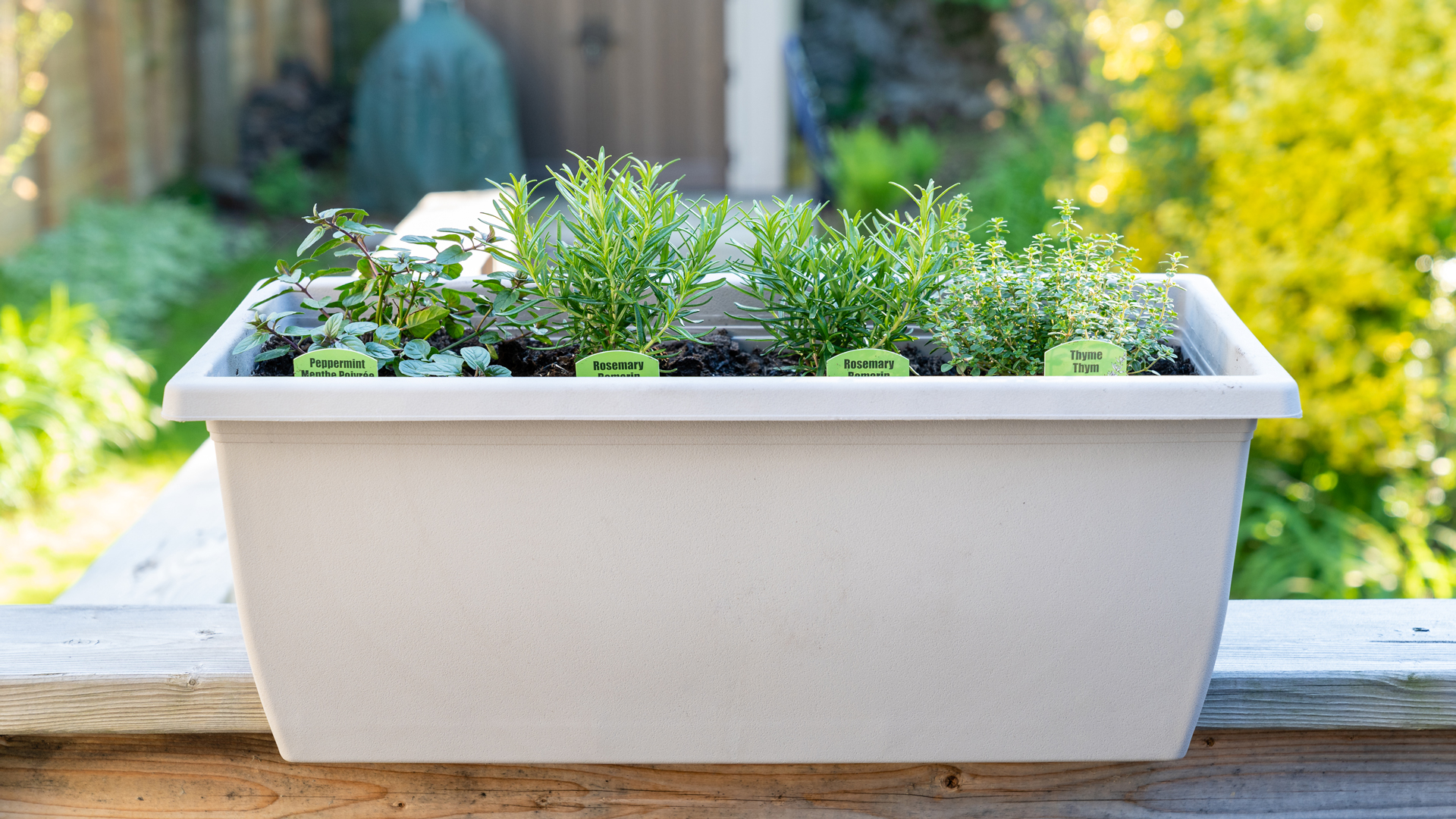
There are certain strong scents of much-loved garden plants that act as natural deterrents for wasps.
“There are some great plants you can choose which will deter wasps, while also smelling and looking wonderful," agrees Daniel Carruthers, grow your own expert at the premium greenhouse manufacturer, Cultivar Greenhouses.
"The strong scent of herbs like mint, thyme, lemongrass and basil will keep these insects away but also provide a tasty homegrown garnish for recipes or cocktails – ideal for enjoying this summer."
“You may have noticed that geraniums and marigolds also have a strong scent about them, which acts as a natural wasp deterrent too," Daniel explains. "Plant these in containers, window boxes or hanging baskets in key areas around your outside eating area to keep any unwelcome guests away. Plus, they will add some wonderful colour to your garden."
“Wormwood is another good choice. Easy and quick to grow, this hardy perennial is perfect for growing around a patio or lawn, and its scent is also deeply unappealing to wasps. Likewise, the menthol smell of eucalyptus is another good deterrent, and its silvery leaves are pretty to look at, too.”
Fragrant plants to make your garden smell good will keep wasps at bay and ensure you can have a nice picnic or barbecue in your garden without them buzzing around.
7. Make your own tempting trap
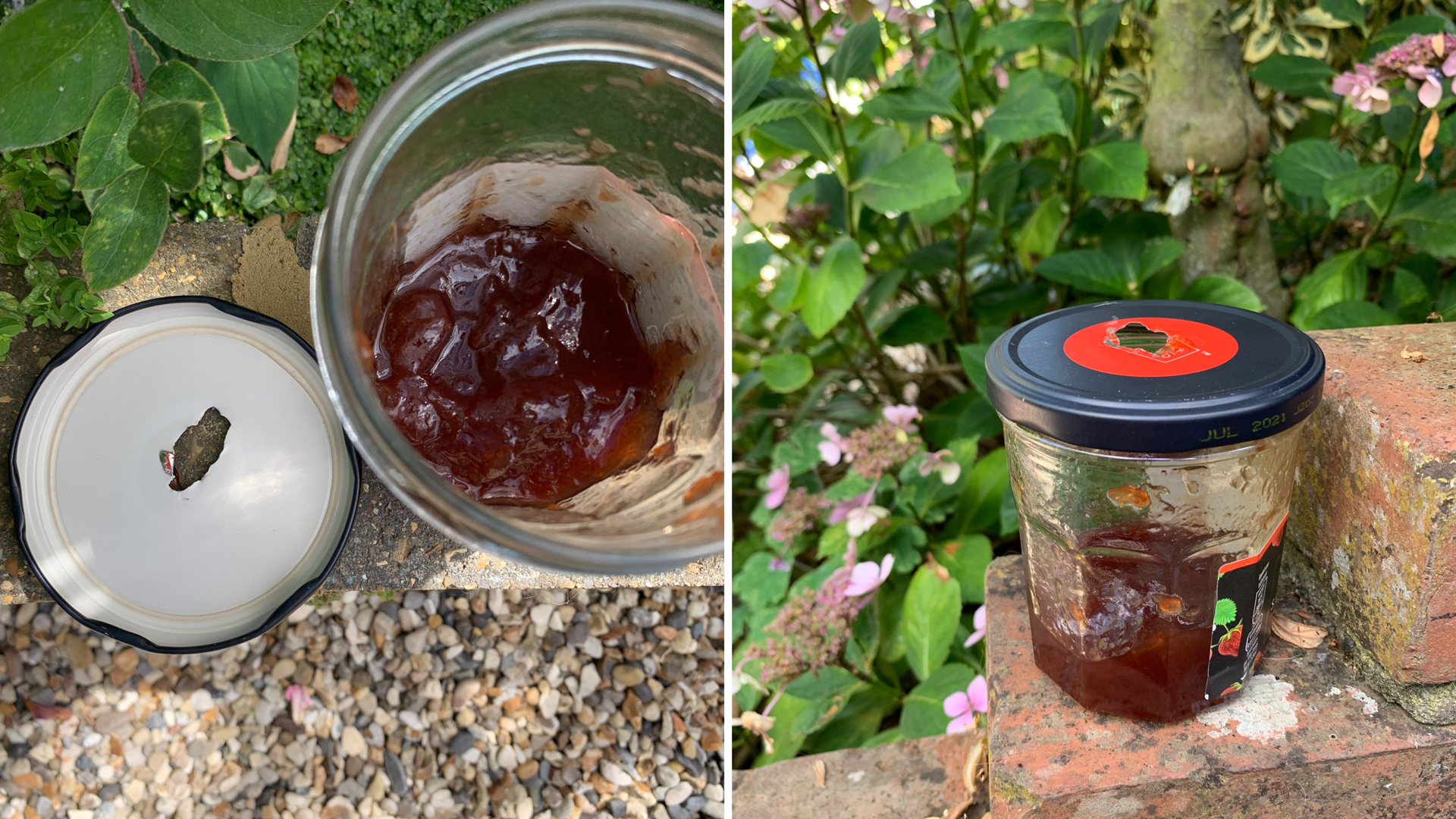
Knowing their fondness for all things sweet, the easiest way to keep wasps away from an outdoor dining area is to create a sweet, tempting trap that will divert the pests from swarming the table.
Simply upcycle a jam jar to make a harmless yet effective trap. We can confirm this simple idea does work, and it offers a humane way to keep irritating wasps away from any outdoor entertaining area.
What you'll need:
- Jam jar (nearly empty, with just a small amount of jam left)
- Drill
- Small hammer
How to make a harmless DIY wasp trap:
- Source an almost-empty jam jar, or honey pot, with just a small amount of sweet contents left in the bottom. Start by removing the lid.
- Safely drill a hole in the lid, making it big enough that wasps can enter but small enough that getting out proves challenging.
- Tamper the edges of the hole with a small hammer to ensure there are no sharp edges – that both you and the wasps could potentially catch on.
- Screw the lid back on the jar. Putting a small splodge of jam on the lid will entice them further.
- Place the jar a safe distance away from your outdoor entertaining area to direct the wasps to that location in place of your feast.
For an inhuman version of this trap, many fill the jar with water so the wasps fly in and fail to swim free – but there's no real need to do so because the hole will make it difficult enough for them to escape after they are lured in by the sweet smell of jam. Just be aware that you will have a jar of possibly angry trapped wasps. They should find their way out over time, so just stay cautious around the jar to avoid coming into contact with them. This idea merely buys you some valuable wasp-free time.
FAQs
Does vinegar keep wasps away?
In addition to the multiple ways of cleaning with vinegar, it turns out you can also use vinegar to keep wasps away.
"Vinegar is another natural ingredient that is effective against wasps and can be used to keep them away," suggests Kameliya. "Spraying a mixture of vinegar and water will irritate their sense of smell and keep them at bay without harming them."
What home remedy gets rid of wasps?
"You can create your own DIY spray to keep any wasps away from your garden or outside working areas. Fill an empty spray bottle with equal parts white vinegar and water, and you’re all set," says Kameliya.
"Remember, you can spray different areas outside, but it will only work for a limited time, as this is a temporary solution." So be sure to mix up enough home remedy solutions to last the duration of your stay outdoors."
We recommend spaying the diluted solution on table linens and other upholsteries that can be washed, should you find the vinegar smell a little overpowering – however, it shouldn't linger for too long. This is a similar method you'd use to deter foxes from your garden, by spraying a mixture of garlic and chilli the foxes will give your space a wide berth.
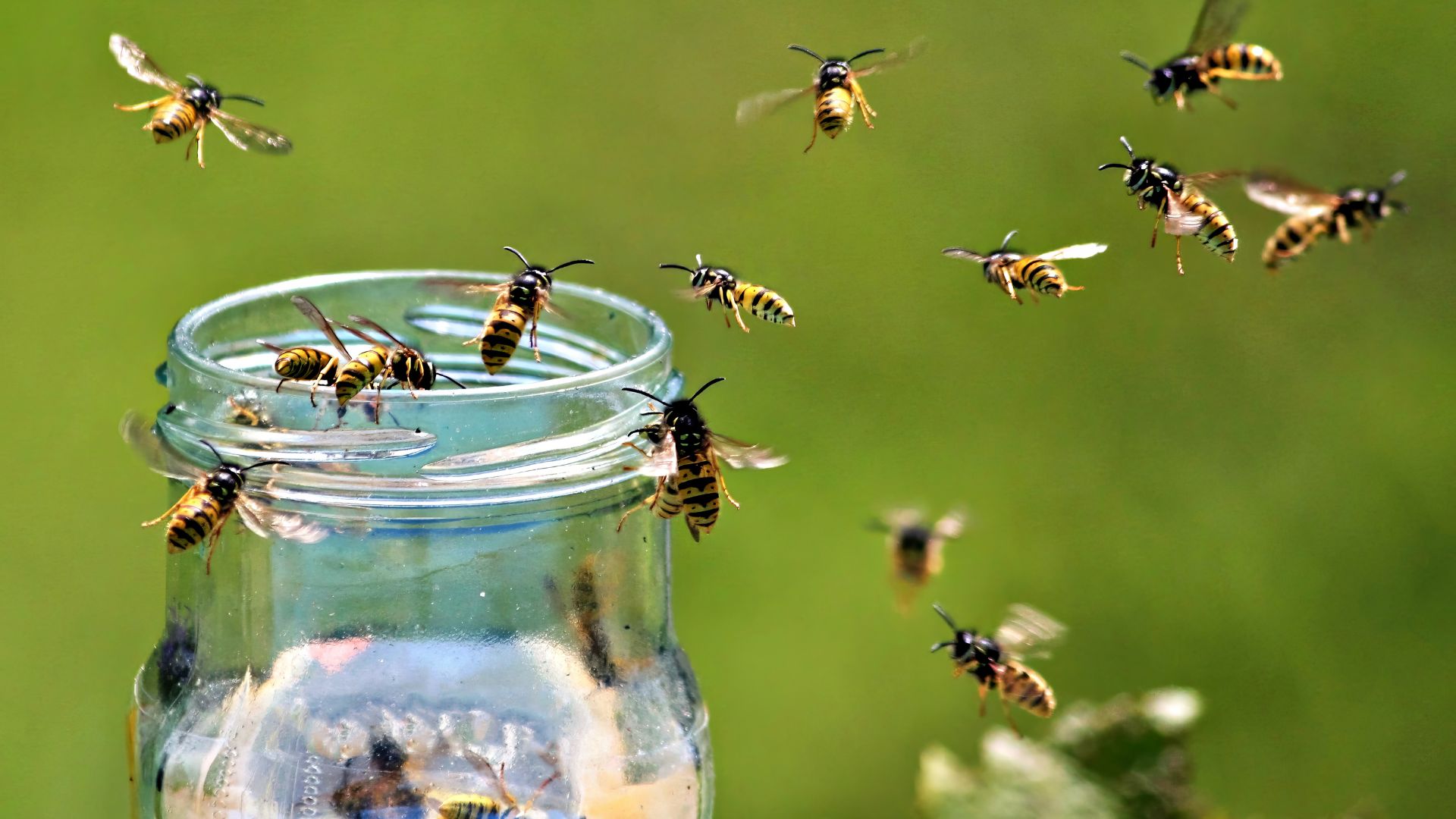
What smell keeps wasps away?
As we've uncovered from our expert tips, wasps have an incredible sense of smell and detest the powerful odour of certain food sources. These include fresh mint, ground coffee, cloves, and tomato stems, all said to be smells that discourage wasps according to pest control experts, so keeping these on hand should prove as an easy way to deter wasps while enjoying time outside.
What stops wasps coming near you?
It's thought that what you wear is more than just a fashion statement; it's a way to stop wasps from coming near you, according to the pest experts who recommend avoiding bright colours. In addition to being guided by their powerful sense of smell, wasps are drawn towards bright colours; therefore, it's best to avoid wearing bright clothing to stay under their radar.
Time to dig out your best classic white t-shirt for this weekend's garden party.
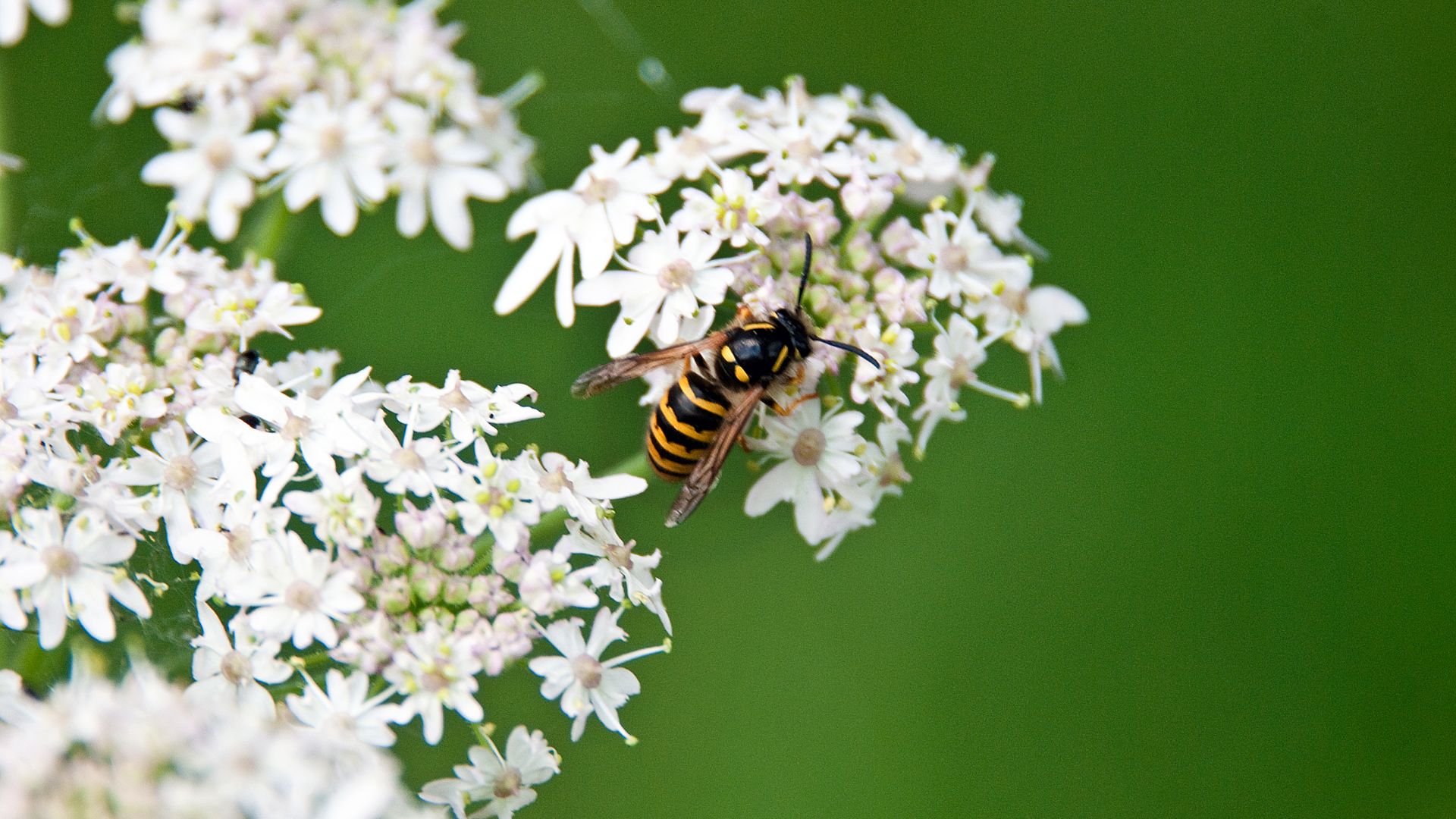
What not to do when trying to get rid of wasps
There are key things to remember when trying to keep wasps away, such as the very obvious fact that they sting. One of the worst things you can do is start flapping your arms in an attempt to swat it away. These rapid movements can excite or enrage the wasp, making it more likely to sting you. Even though it is hard, the best thing to do is to stay as still and calm as possible.
Not that we advocate harming wasps to keep them away, but there's a very good reason why it's not effective. Experts explain that if you kill one wasp, you may think you have solved the problem. However, dead and dying wasps emit pheromones that attract other wasps to the area, so you are potentially worsening the situation.
Of course, our natural ideas and suggestions are for keeping wasps away on a smaller scale. If you have a nest, it's best to call in the professionals. Dealing with a nest without the proper equipment or training can open you up to all sorts of dangers.
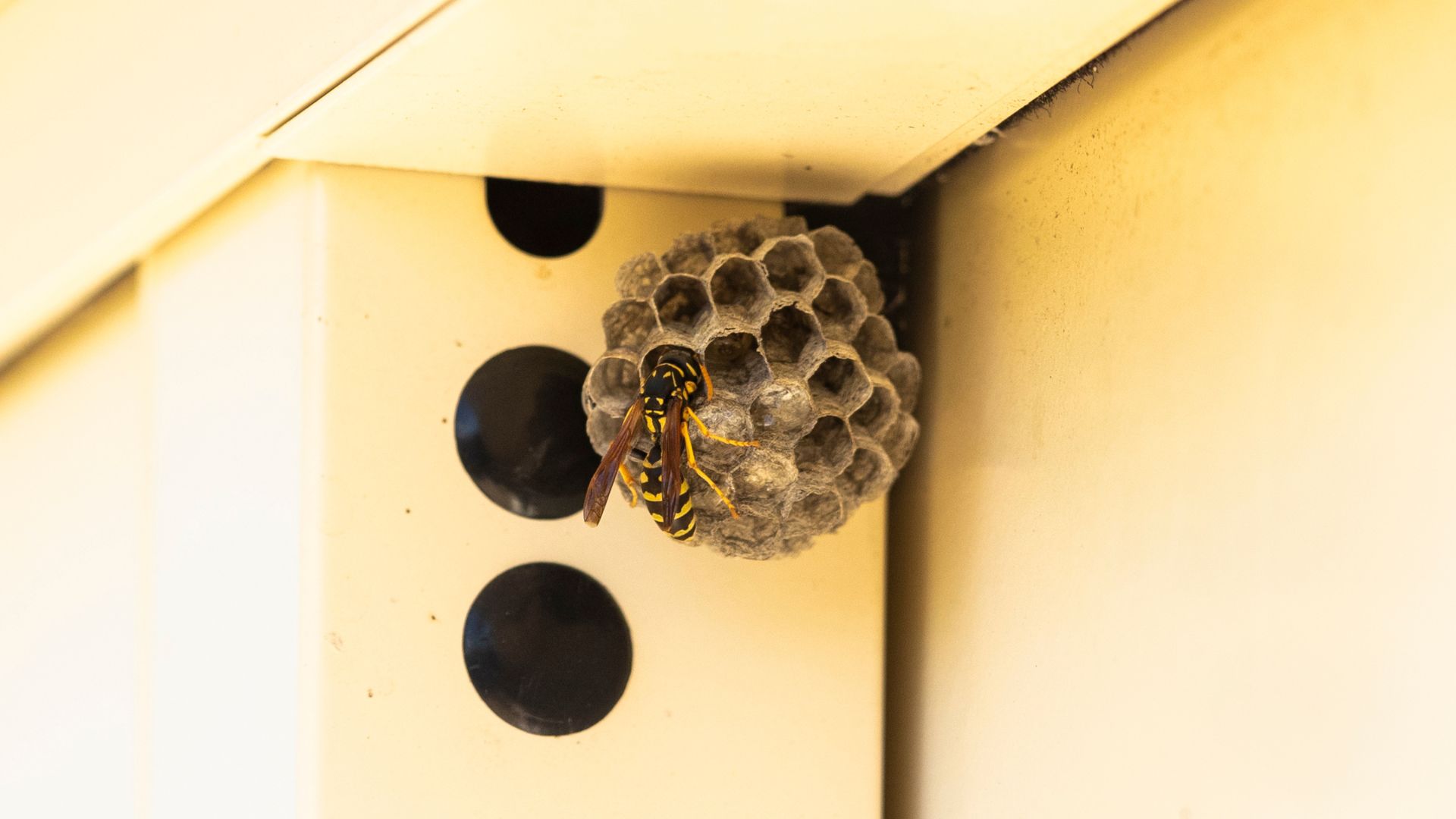
Why are there so many wasps this year?
If you've been noticing more wasps than usual, then don't worry, you're not alone. No matter how much you sort your garden out and try to deter wasps, there are larger forces helping them stick around.
"There are more wasps this year, mainly because of a combination of weather and environmental factors. A mild winter means more wasp queens survive and start new nests in spring, leading to bigger colonies," explains Daniel Steward, managing director at Shield Pest Control.
"Additionally, a wet spring followed by a warm, dry summer creates ideal conditions for wasps to find plenty of food like nectar and insects, helping their populations grow rapidly," he adds.
Also, fewer natural predators and the abundance of food sources in gardens and other outdoor spaces are responsible for the increase, too.
What is the quickest way to get rid of wasps?
When you've planned to try out your new fancy pizza oven, the last thing you need is a sudden wasp problem taking over. So how can you fix the situation quickly and efficiently?
"For a quick and eco-friendly way to keep wasps away without killing them, try natural deterrents like soapy water spray or essential oils. Mixing water with a few drops of peppermint or citronella oil and spraying around areas where wasps gather can encourage them to steer clear," instructs Daniel.
He also recommends hanging decoy wasp nests. This works because wasps will often avoid places that look already occupied by other colonies.
"These methods safely repel wasps without harming them or other beneficial insects. For persistent problems, consider calling professionals," Daniel finishes.
Unlike keeping slugs away from your garden, wasp-deterring comes with a few more risks. So it's important to always be protected and careful when going anywhere near a wasp or potentially wasp-infested area.

Tamara is a highly experienced homes and interiors journalist with a career spanning over 23 years. Now the Lifestyle Editor of womanandhome.com, she previously spent 19 years working with the style teams at Country Homes & Interiors and Ideal Home. With these award-winning interior teams, she gained a wealth of knowledge and honed her skills and passion for styling and writing about every aspect of lifestyle and interiors.
A true homes and interiors expert, Tamara has been an ambassador for leading interior brands on multiple occasions, including appearing on Matalan’s The Show and presenting at top interior trend forecasting events such as the Autumn Fair and Spring Fair.
- Emily SmithDigital lifestyle writer
You must confirm your public display name before commenting
Please logout and then login again, you will then be prompted to enter your display name.
